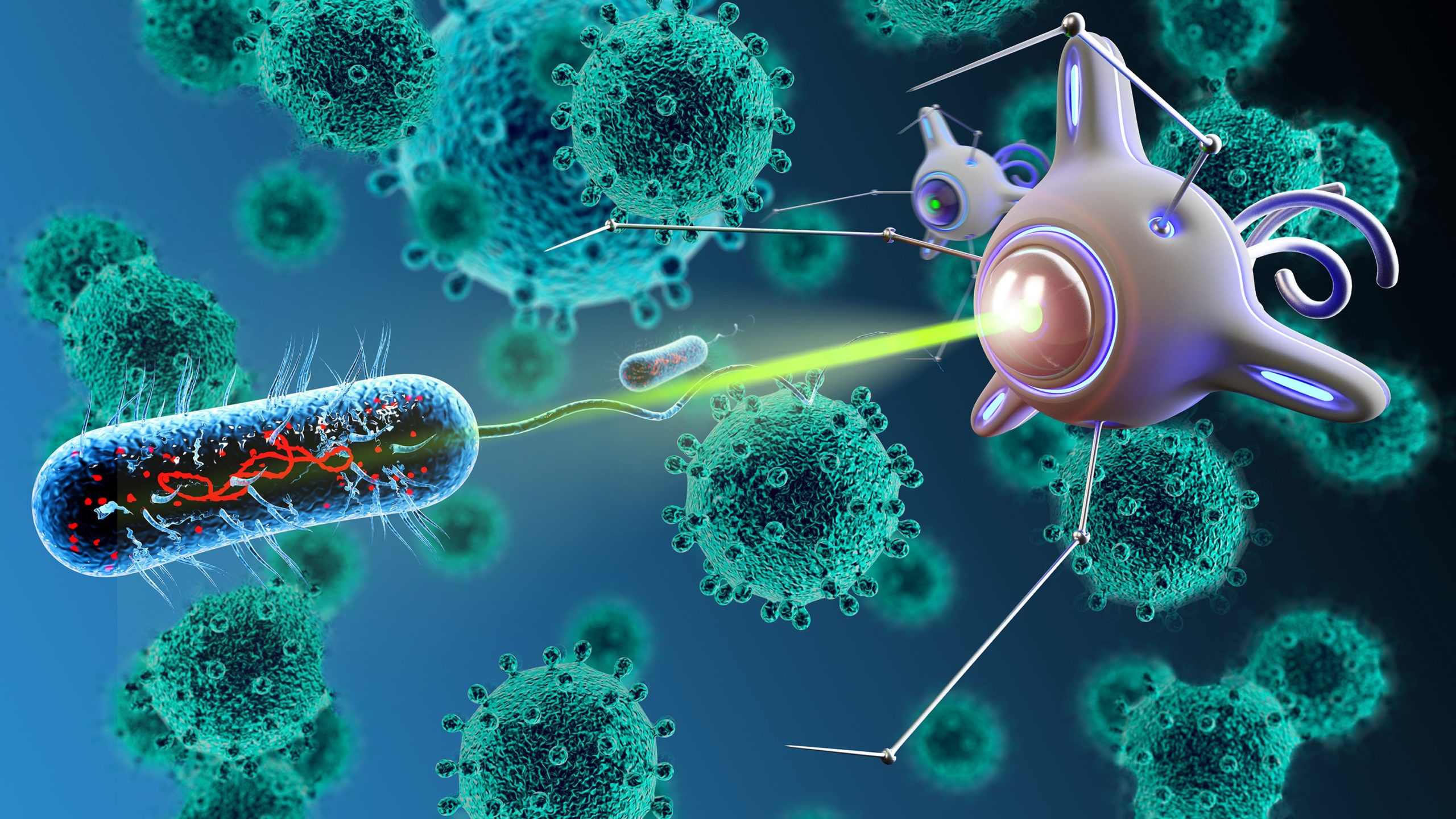
Technion’s Russell Berrie Nanotechnology Institute (RBNI) was inaugurated in 2005 aand is comprised of over 150 faculty members and 300 graduate students and post-doctorate fellows from 14 different faculties, trailblazing nanoscale science and technology in Nanoelectronics, Nanooptics, Nanomaterials & Nanoparticles, Nanomechanics and their interface with Nanobiotechnology & Nanomedicine.
Nano-Scent Technology for COVID testing and beyond
Nanoscent, an Israeli startup, has started a trial with Sheba Medical Center to detect coronavirus using an innovative 30-second screening device. People puff into a plastic bag equipped with sensor chips, and the chip electronically “smells” the deadly virus. The core sensory chip used in NanoScent was developed by Prof. Hossam Haick of the Russell Berrie Nanotechnology Institute at the Technion–Israel Institute of Technology. NanoScent CEO and co-founder, Oren Gavriely, is a Technion alumnus.
Nano-chips deliver Alzheimer’s therapy to the Brain

Researchers at the Technion, led by Professor Ester Segal of the Faculty of Biotechnology and Food Engineering, and researchers at Bar Ilan University, have developed new technology for transporting drugs within silicon nanostructures to the brain.
These nanostructures release an essential protein, which can inhibit the development of Alzheimer’s disease, and provide targeted delivery in the brain with the use of a “gene gun.” The research was conducted with the support of the Russell Berrie Nanotechnology Institute at the Technion.
Nano-sticker Upgrades Surgical Mask
Protection
Nanotechnology for Cancer Treatment
A cancer drug may work wonders in one patient and do nothing for another. Professor Avi Shroeder’s research group is aimed at improving patients’ quality of life and bettering their treatment by targeting metastatic cancer with nanotechnology, and on constructing miniature medical devices that couple diagnosis to therapy (theranostic devices).
Nano-satellites will receive signals from Earth

The Technion’s RBNI aims to position the Technion and the State of Israel at the forefront of global Nanotechnology research and development. Nano-technology has many applications will open up new horizons to enhance human life and health in the future.


